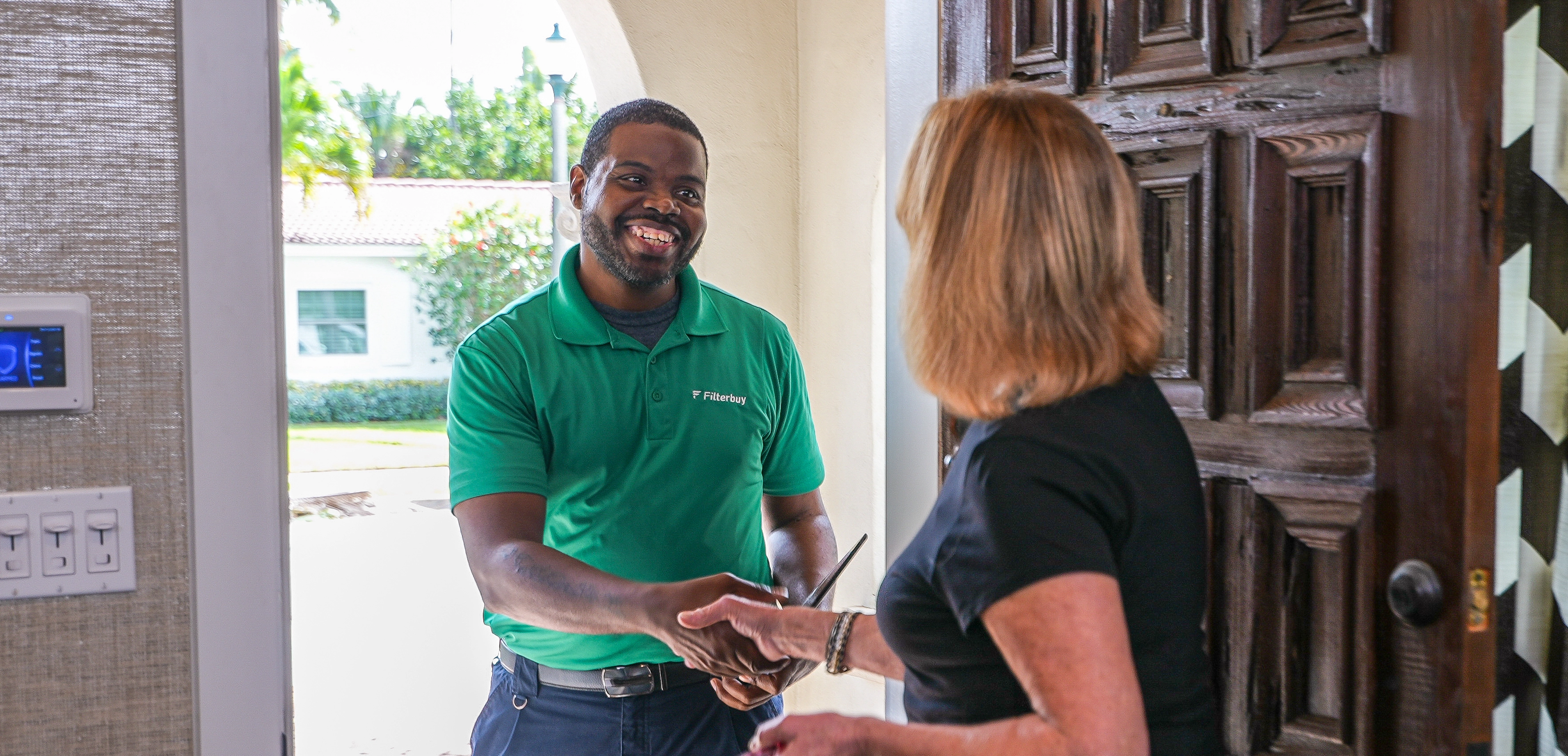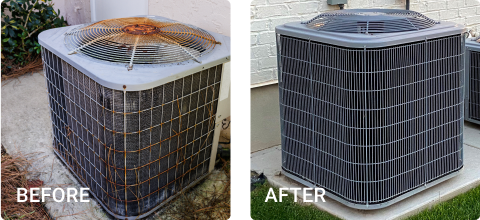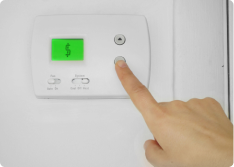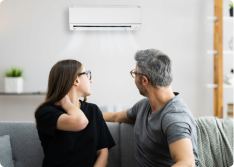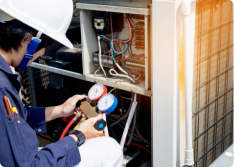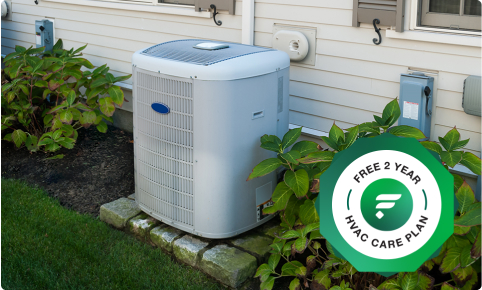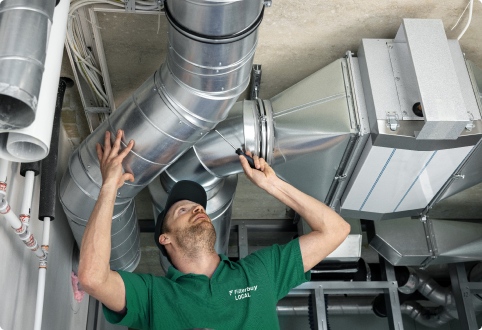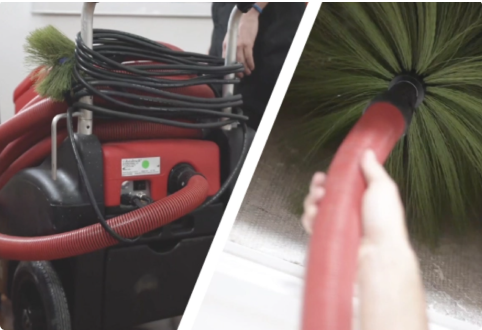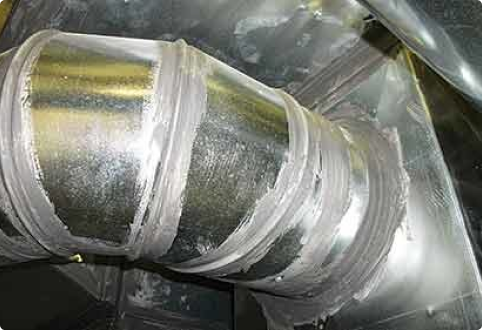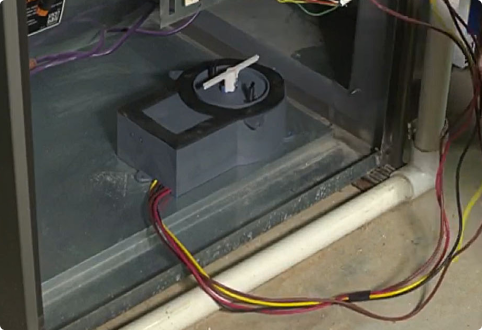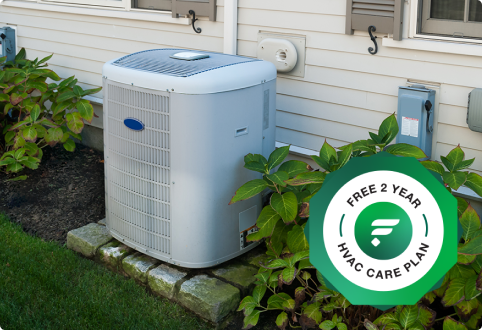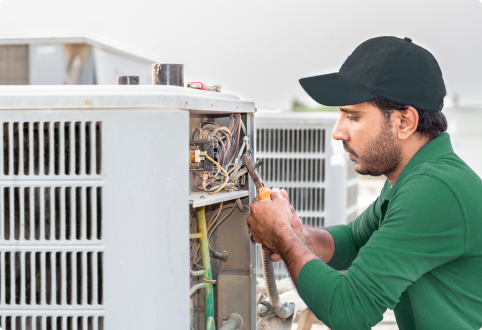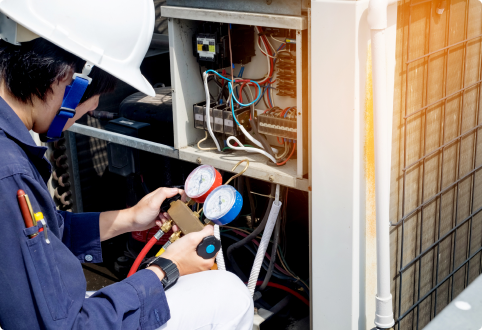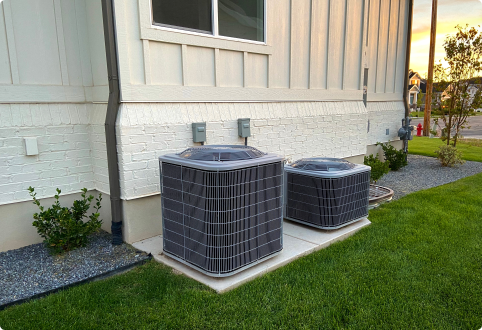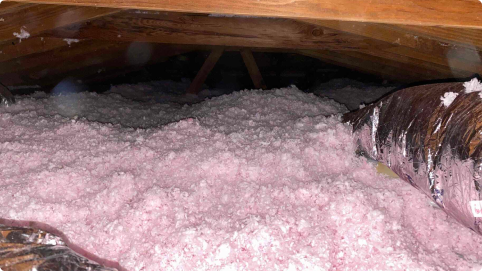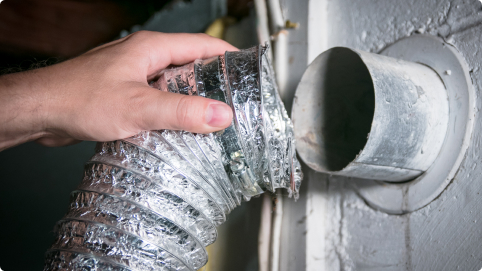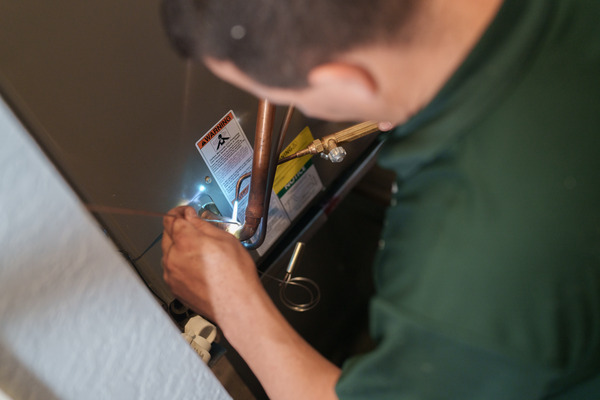Welcome to Filterbuy HVAC Solutions, the best HVAC system replacement service company proudly serving in and near the greater Parkland, FL area. Please let us know how we can help solve your Parkland HVAC system replacement needs with professional, affordable, and fast residential and commercial HVAC services by getting a free online quote or by giving our friendly HVAC specialists a call. We look forward to hearing from you!
HVAC Replacement Cost Breakdown for Parkland FL Homes
Parkland Florida is a friendly community. It’s a peaceful city with good schools. A great place to live. Especially if you prefer a quiet environment.
HVAC replacement cost in Parkland depends on many factors. High-efficiency systems cost more upfront. But saves you money on energy bills in the long run. Some well-known brands are more expensive. But are reliable and have good customer service. Larger systems or more complex installations are more costly. Let’s find out ways to make HVAC replacement more affordable.
Key Takeaways
■ Costs for replacing HVAC systems in Parkland, FL hinge on efficiency, brand, size, and installation complexity.
■ Labor forms a significant part of the expense, with prices differing among local companies.
■ Permit fees, disposal expenses, ductwork modifications, and electrical upgrades add to the total.
■ Choosing energy-efficient systems with high SEER ratings leads to long-term energy bill savings.
■ Regular maintenance and talking with contractors lower costs. Buy during the off-season helps.
Understanding HVAC Replacement Costs
Understanding the HVAC replacement cost is confusing. The cost depends on how energy-efficient the system is. And how long it will last.
Energy-efficient HVAC systems cost more upfront. But saves you money. They use less energy. So your energy bills will be lower. You will also be eligible for rebates. Or tax credits.
Your HVAC system’s lifespan depends on how well you take care of it. They last 15-20 years. Using an old system becomes expensive. Because it isn’t efficient and may break down. Replacing your system is a good investment. Because it will make your home more comfortable and save you money.
Key Elements Affecting Pricing
Let’s talk about the HVAC replacement cost in Parkland. Understanding the factors affecting the price helps avoid surprises.
■ Efficiency: Some HVAC systems are more expensive to buy. But they save you money on energy bills over time. It's a trade between spending more now. And saving money later.
■ Brand Reputation: Brands that are very popular come with a higher price due to their recognized quality and durability. Whether the brand reputation justifies the surcharge needs to be at your discretion.
■ Size and Capacity: The larger and bigger the capacity of a unit, the more the price is. Larger homes need more powerful systems, which increases the cost.
■ Installation Complexity: Simple replacements cost less than extensive overhauls. More modifications mean more labor hours, leading to higher expenses.
Breakdown of Labor Costs
A big part of the HVAC replacement cost is the labor. The cost varies depending on the area. And the experience of the technician.
Labor rates vary greatly among HVAC companies. Some charge hourly, while others offer a flat rate for the entire job. Homeowners should also evaluate the technician's installation experience. Experienced technicians may charge more. However their expertise ensures the job is done correctly. This saves you money in the long run.
The installation will be more expensive if you need to change your ductwork. Or the new HVAC system doesn't fit the old one. This is because it will take more time and labor.
Potential Additional Expenses
Beyond the basic labor and the HVAC unit's cost, other expenses might arise. Staying informed about these potential costs can help avoid any surprises.
■ Permit Fees: This may be required for the HVAC installation from the local authorities. The permit fees are going to vary greatly, and it's better to check with your local government office.
■ Disposal cost: Consider the cost of disposal of your old unit. Sometimes, the disposal costs can add up especially when the unit contains refrigerants or hazardous materials.
■ Ductwork Modifications: Modifications to the existing ducts might be needed. It may be resizing or rerouting of ducts due to new equipment.
■ Electrical Upgrades: Many of the older homes need upgraded electrical capacity that can support the newly installed HVAC system. It could mean upgrading the circuit breaker or rewiring part of the house.
These additional expenses can significantly impact your total HVAC replacement cost in Parkland. Researching and discussing these potential costs with your installer can help you plan more effectively.
Tips for Cost-effective HVAC Replacement
It is very daunting to manage the cost of the replacement of HVAC. However, there are some effective ways to remain within budget.
■ Energy efficiency and system durability have to be considered first. Whereas energy-efficient units require a higher upfront investment, they cut down energy bills. Look for systems carrying high ratings in terms of SEER; the higher the SEER, the more efficient it is.
■ Durability plays a big role, too. So, frequent replacements are not cost-effective at all. Conduct research and find out the brands that have had records for very good performance and long-lasting warranty options.
■ Consistent maintenance also helps to extend the life of your system, so it should be a habit.
■ Negotiate with the contractors. Many expert contractors have some flexibility in pricing their work; this is often related to when they can fit you into their schedule.
■ Purchasing your system during the off-season, when demand drops, can also lead to discounts.
Frequently Asked Questions
How much does it cost to replace an HVAC system in Florida?
Replacing an HVAC unit in Parkland Florida can be a significant investment, typically ranging from $4,000 to $12,000. This wide range depends on factors like the size of your home, the type of unit you choose, and any additional features you might want. It's always a good idea to get multiple quotes to ensure you're getting a fair price.
What is the life expectancy of an HVAC unit in Florida?
An AC in Florida lives for 10 to 15 years, which is lower than the national average. Due to the high heat. And humidity levels of the place. Regular maintenance makes it live longer.
Do you need a permit for HVAC replacement in Florida?
Yes. You need a permit to replace an AC in Parkland Florida. This makes sure that the installation meets the local building codes and is safe. It's also important for insurance use.
Is now a good time to replace HVAC?
Replace your HVAC system if it’s old. It frequently needs repairs or is not energy-efficient. Contractors offer discounts during the off-peak seasons. Like spring or fall.
How much does an air conditioner cost for a 2000 sq ft home in Florida?
For a 2,000 square foot home, you'll generally need an HVAC system with a cooling capacity of about 3 to 3.5 tons, depending on factors like your climate, insulation, and home layout. The cost is around $3,000 to $7,000. It's best to consult with an HVAC professional to ensure accurate sizing based on your specific home's needs.
Is it cheaper to replace AC and furnace together?
It is often cheaper to replace the AC and furnace together. Because it saves on labor costs. And the systems will be more likely to work efficiently together. Leading to better overall performance and energy savings.
What HVAC lasts the longest?
Geothermal heat pumps and well-maintained central air conditioning systems have the longest lifespans. Lasting 20 to 25 years. Regular maintenance extends its lifespan.
How often should you replace your AC unit in Florida?
The air conditioning in Florida needs to be replaced within 10-15 years. Because of the hot weather. This requires the unit to work harder and more frequently. Regular maintenance prolongs its lifespan. But the hot weather will eventually damage it. Making replacement necessary sooner than in less demanding environments.
Is a 10-year-old HVAC old?
A 10-year-old HVAC unit is considered middle-aged. While it may still work well, efficiency and reliability decline. It’s important to watch its performance. And think about future replacement options.
What are the HVAC rules in Florida?
HVAC rules in Florida ensure systems are installed and maintained correctly. To meet building codes and safety standards. They require that all installations be done by a licensed contractor. And that all systems meet the state's energy efficiency standards.
Can I install my own AC unit in Florida?
It’s not recommended. Because of complexity and safety concerns. Professional installation follows local building codes. And avoids performance issues and warranty complications.
Do you need an HVAC license to do duct cleaning in Florida?
Yes. You need a license to perform duct cleaning services. This ensures that work is done properly. And meets health and safety standards.
Here is the nearest branch location serving the Parkland area…
Filterbuy HVAC Solutions - Air Conditioning Service
2521 NE 4th Ave, Pompano Beach, FL 33064
(754) 247-3511
https://maps.app.goo.gl/JmWkEXya7uzuLzBh8

.webp)
.webp)
.webp)
.webp)






